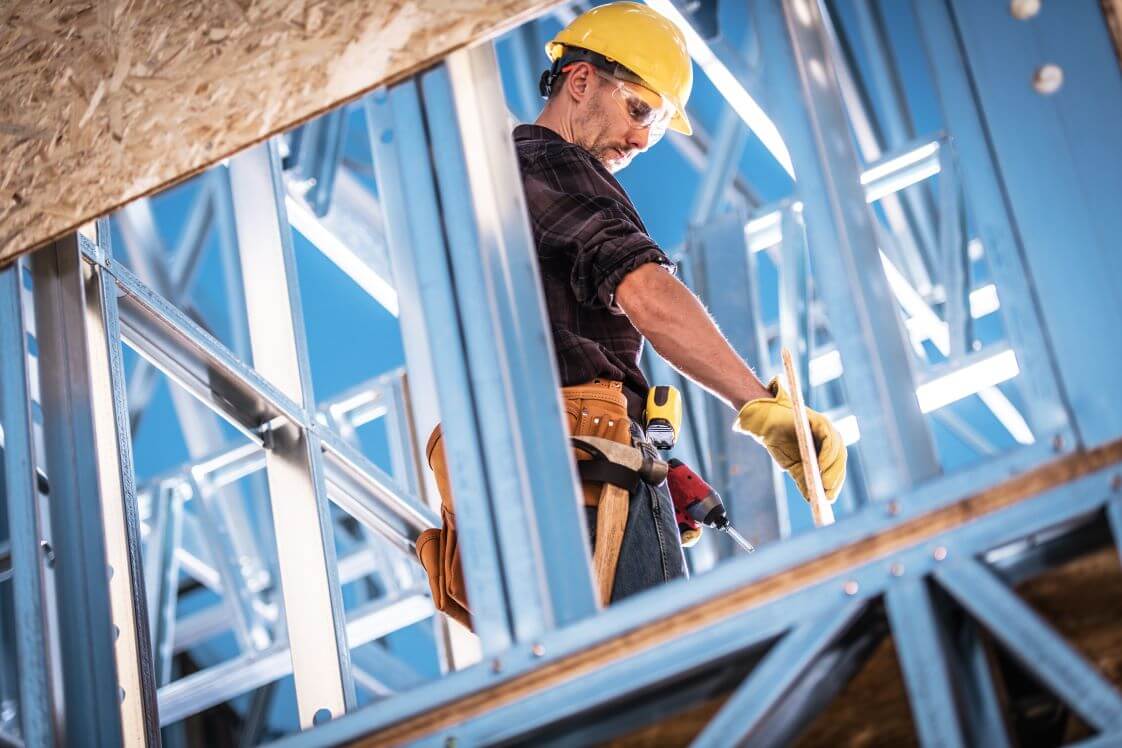On 5 June 2020, HMRC announced a five-month delay to the introduction of the domestic VAT reverse charge for construction services, due to the impact of the COVID-19 pandemic on the sector.
The change will now apply from 1 March 2021 and will overhaul the way VAT is payable on building and construction invoices as part of moves to reduce fraud in the sector. Under the domestic reverse charge, the customer receiving the service must account for the VAT due on these supplies on their VAT return, instead of paying the VAT to the supplier..
The change was originally scheduled to come into effect from 1 October 2019, but was then deferred for 12 months, after industry bodies highlighted concerns about lack of preparation and the impact on businesses.
Now the start date has been put back from 1 October 2020 to 1 March 2021.
There will also be an amendment to the original legislation. Businesses are excluded from the reverse charge on relevant supplies where they are end users, or intermediary suppliers. If so they must inform their subcontractors, in writing, that they are end users or intermediary suppliers.
HMRC says the additional amendment is designed to make sure both parties are clear whether the supply is excluded from the reverse charge. It reflects recommended advice published in HMRC guidance and brings certainty for subcontractors as to the correct treatment for their supplies.
HMRC says it will continue to focus additional resources on identifying and tackling existing perpetrators of fraud in the construction supply chain. It will also work closely with the sector to raise awareness and provide additional guidance and support to make sure all businesses will be ready for the new implementation date.

